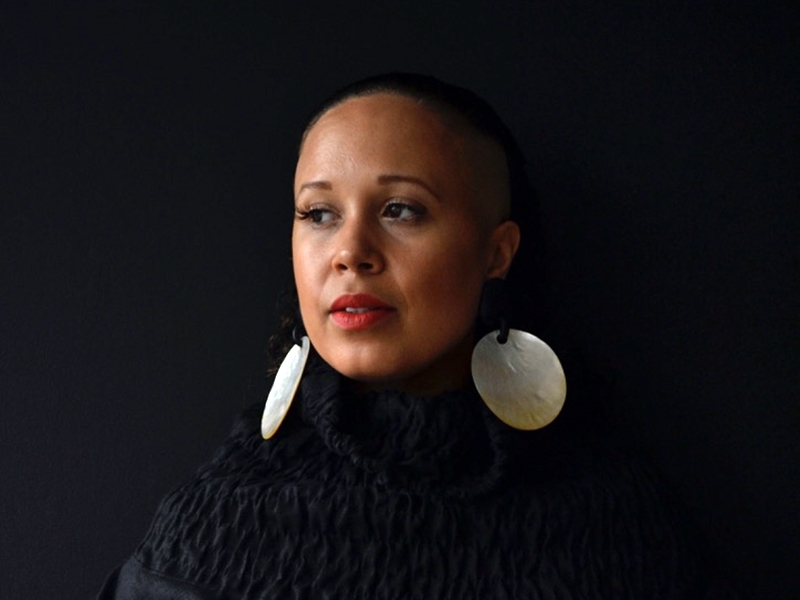The School of Art in the Fulbright College of Arts and Sciences is pleased to welcome Rachel Grace Newmann, assistant professor in the art of the colonial Caribbean and arts of the African diaspora at the Tyler School of Art and Architecture at Temple University, to the Visiting Lecture Series. The lecture will be held at 5:30 p.m. Thursday, April 13, at Hillside Auditorium 206.
Newmann's current research in colonial history has informed her curatorial and artistic practice. In the spring of 2016, she curated Blood in the Sugar Bowl at the Cantor Arts Center at Stanford University, which used 18th-century sugar bowls as an entry point to examine the colonial sugar trade.
Her art collective, In Rapture, is a collaboration with her brother, who completed his B.A. in photography at the San Francisco Art Institute. Using large-scale styled portraits and narrative photography, their work examines ancestral connections to geographic sites in a world impacted by the forced and voluntary migrations that took place under colonial rule.
Thursday's lecture, titled Where Sea Meets Sky: Infinity, Newmann will present a meditation on the sea, the horizon line and infinite Black life. Reading the sea through the dikenga, the BaKongo cosmogram, Newmann posits that it cannot be bound by linear time, allowing us to examine the cyclical, unending implications of the Transatlantic slave trade. Engaging with Kamau Brathwaite's conceptions of Black women as the submerged mother, the circular culture of the descendants of enslaved people and tidalectics, Newmann addresses the sea as a space of liberation from Western conceptions of time and space.
Newmann's talk sets a group of early 19th-century sketches and watercolors by British artist William Berryman on his Transatlantic crossing from Jamaica to London against interpretations of the sea by contemporary artists Nadia Huggins, Manuel Piña Baldoquin and Kehinde Wiley. She attends to ways in which, for those born of the diaspora, the sea upends our landlocked understanding of time and space, becoming more stable than the ever-shifting, colonially-imposed geographic boundaries on land. For those born of the diaspora, the sea becomes the native land, the one site from which our ancestral histories sprung.
Newmann received her Ph.D. from Stanford University in 2016 and was awarded a prestigious Andrew W. Mellon postdoctoral fellowship at the Center for Advanced Study of the Visual Arts at the National Gallery of Art in Washington, D.C. She is currently finishing her first book, Land That Knows Your Blood, an examination of Jamaica at the turn of the 19th century, the art of William Berryman, the beauty and pain of belonging, and diaspora and ancestral power.
All are invited to join Newmann's lecture at 5:30 p.m. Thursday, April 13, at Hillside Auditorium.
Topics
Contacts
Kayla Crenshaw, director of administration and communications
School of Art
479-575-5202,
